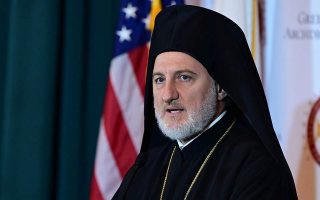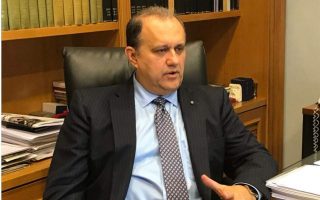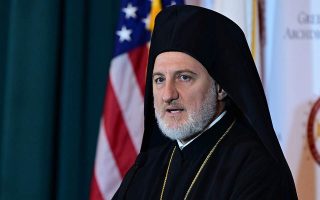Greek-American diaspora writing its own history, before it’s too late

The neighborhood of Astoria was almost entirely Greek when I spent a few months there a decade ago, carrying out research at Queens College on a Fulbright scholarship. In fact, I could go about my daily business – visiting the bank or post office, shopping at the supermarket, eating at restaurants and having a coffee – without speaking a word of English. And rental rates were still tolerable in an area that was just seven subway stops from downtown Manhattan. This is by no means the case today, as the borough of Queens becomes the new Brooklyn and Astoria is filling up with hip professionals and young parents. The Greek presence, meanwhile, remains strong, though it is losing some of its vitality.
The history of this pocket of Greekness has never been recorded in a comprehensive manner, an oversight that has long nagged at Queens College sociology professor and distinguished poet Nicholas Alexiou. It is almost criminal how the history of this community remained elusive for so many years, he says, as the Greeks who went to America in the second big migration wave between the 1960s and 1980s grew old or died without ever having told their tales of relocation – not just in Astoria, but all over the United States.
This gap in the history of the diaspora prompted Alexiou to create the Hellenic American Project (HAP), with the support of the Stavros Niarchos Foundation in the US. The initiative’s mission was simple: to help members of the diaspora keep the past alive and give it the attention it deserves, so as to prevent vacuums, distortions and oversights with regard to their identity.
What it produced is, in effect, a significant oral archive, a collection of evidence from the primary source, which is also combined with other tools like statistical data, studies and research.
This new trove of information complemented already existing archives compiled by the likes of Dan Georgakas, the respected poet, writer and activist, or Manolis Kassotis, the historian and expert on the islands of the Dodecanese and Karpathos in particular, but also archives concerning Greek Jews in the United States like that on the Romaniotes of New York. Significant contributions have also been made by second-, third- and fourth-generation Greek Americans describing their sense of Greekness.
The Hellenic American Project also recently compiled a collection of interviews with Greek Americans on the Covid crisis and published them on its website (hapsoc.org).
HAP is particularly interested in poetry, prose, oral narratives and art. Alexiou explains that getting the Greek-American community itself to contribute to the creation of this archive was not just something of a debt to the community, but is also the best method for inspiring a sense of the importance of their lineage among the diaspora’s younger members.
The organization is also providing two $1,000 scholarships for university students/researchers who use HAP’s archival material for their papers.





